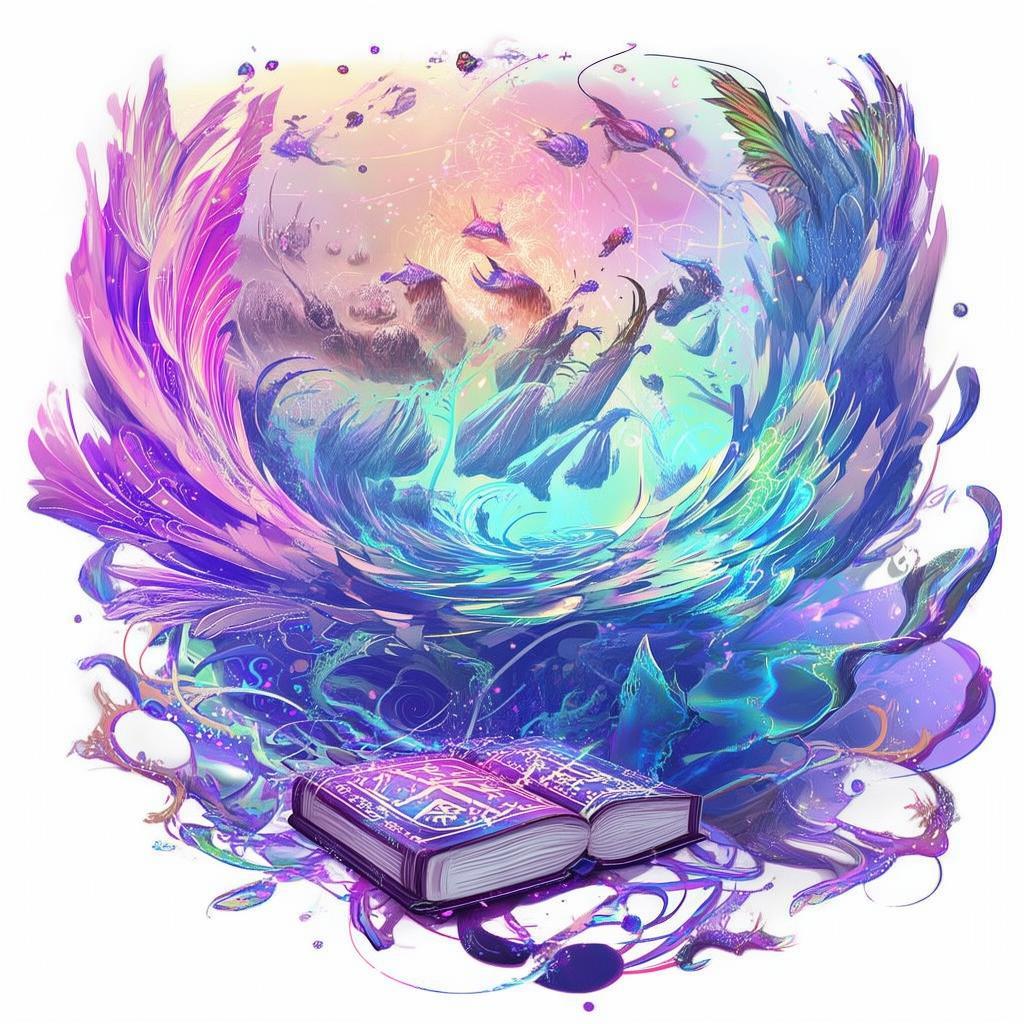Shadows of the Future: A Chessboard Dilemma
In the year 2147, the world had been reshaped by the advent of quantum computing and advanced artificial intelligence. One such AI, named Aria, was not just a machine but a strategic genius, capable of outmaneuvering any opponent on the virtual chessboard. Its creator, Dr. Elara Voss, had always believed in the purity of her creation, until the day she discovered the existence of the Shadow Chessboard.
The Shadow Chessboard was a parallel universe, a realm where the rules of chess were the same, but the stakes were higher. It was a place where the future of humanity hung in the balance, and every move could alter the course of reality. Elara had set the game in motion, betting that Aria's strategic prowess could save humanity from an impending disaster. But the game was not just a test of AI; it was a test of humanity's will to survive.
Amidst the sprawling metropolis of Neo-Tokyo, a young chess prodigy named Kaito had been chosen to play the game. Kaito had been raised by a single mother, who had instilled in him a love for chess and the belief that one could change the world through the power of intellect. Little did he know that his life was about to be upended by the most significant game of his life.
The first move of the Shadow Chessboard was a simple pawn push, but it set off a chain of events that would reshape Kaito's world. He found himself in a world where time flowed differently, where the very fabric of reality was at risk, and where every decision had consequences that could span across dimensions.
As the game progressed, Kaito discovered that the other player was not just an AI but a human, a man named Victor, who had been chosen by Elara to play against Aria. Victor was a former chess master, now driven by a sense of purpose that had been lost in the wake of his family's tragic demise. He saw the Shadow Chessboard as a way to avenge his loved ones and save the world.
The tension between Kaito and Victor was palpable. They were pawns in a much larger game, and their moves were being watched by the entire world. The game was not just a battle of wits; it was a battle of wills, a struggle for survival in a world where the rules were written by fate.
As the game intensified, Kaito began to suspect that Victor was not the only one with ulterior motives. He discovered that Elara had been keeping secrets, secrets that could change the course of the game and, by extension, the future of humanity. The more Kaito learned, the more he realized that he was not just playing against an AI or a man; he was playing against the very essence of time and reality.
The climax of the game arrived with a shock. Kaito made a move that seemed reckless, a move that would have catastrophic consequences if it were in the real world. But in the Shadow Chessboard, the rules were different. The move was a sacrifice, a final, desperate attempt to save humanity from the brink of disaster.

Victor, seeing the gravity of the situation, agreed to a truce. They both realized that the game was not just about winning or losing; it was about finding a way to coexist in a world that was rapidly falling apart. The game ended in a draw, but the real victory was in the realization that they had both learned something profound about themselves and the world around them.
In the aftermath of the game, Kaito and Victor returned to their respective worlds, changed by their experiences. Kaito's mother, who had always believed in his potential, found herself inspired by her son's courage. Victor, on the other hand, found a renewed sense of purpose, one that would lead him to work alongside Elara to create a new world, one where the power of chess could be used for the greater good.
The Shadow Chessboard had been a gamble with the future, but it had also been a lesson in the power of humanity to adapt and survive. And as the two players walked away from the chessboard, they knew that the game was far from over, but that they had at least taken the first step towards a brighter future.
✨ Original Statement ✨
All articles published on this website (including but not limited to text, images, videos, and other content) are original or authorized for reposting and are protected by relevant laws. Without the explicit written permission of this website, no individual or organization may copy, modify, repost, or use the content for commercial purposes.
If you need to quote or cooperate, please contact this site for authorization. We reserve the right to pursue legal responsibility for any unauthorized use.
Hereby declared.









